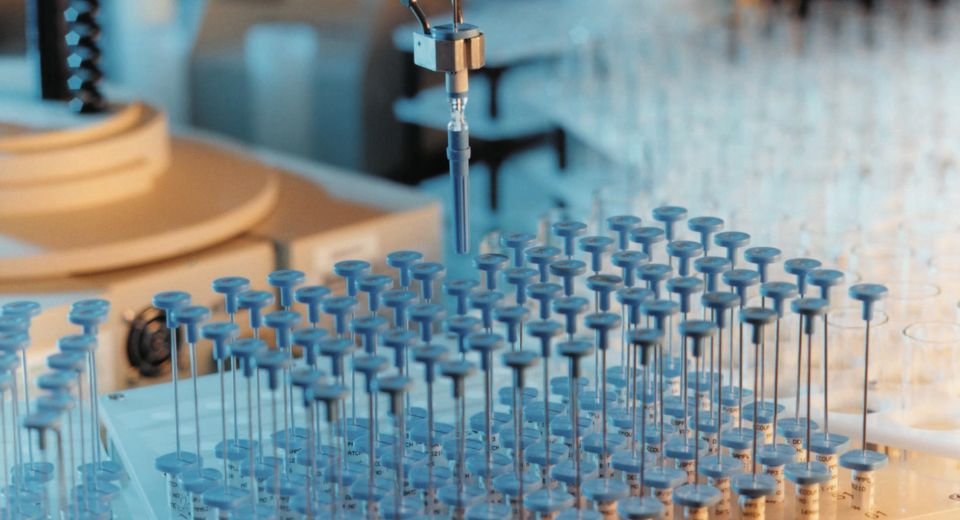HQ Team
June 13, 2024: AstraZeneca’s oral drug to treat type-2 diabetes in patients aged 10 years and above has got approval from the US drug regulator, according to a company statement.
The Food and Drug Administration gave the nod to Farxiga based on positive end-stage clinical trials. An earlier approval in the US, for adults with the disease was linked to diet and exercise to improve glycemic control.
“The prevalence of type-2 diabetes continues to rise in children and adolescents, yet oral treatment options have remained limited for this population,” said Ruud Dobber, Executive Vice President, BioPharmaceuticals Business Unit, AstraZeneca.
“Today’s approval represents an important milestone for paediatric patients living with type-2 diabetes in the US, extending this medicine’s potential benefits to even more patients facing high unmet needs.”
Hyperglycaemia
Type-2 diabetes is a chronic disease characterised by pathophysiologic defects leading to elevated glucose levels, or hyperglycaemia.
Over time, this sustained hyperglycaemia contributes to further progression of the disease. The prevalence of diabetes is projected to reach 783 million by 2045.
Type-2 diabetes is the most common type of diabetes, accounting for over 90% of all diabetes worldwide.
The incidence and prevalence of type-2 diabetes in children and adolescents are increasing globally too.
In the US, there are nearly 30,000 patients below the age of 20 living with the disease with 5,300 new cases diagnosed each year, according to the US Centers for Disease Control and Prevention and recent research.
Complications of earlier onset
Younger patients often experience earlier onset of complications and faster advancement of disease compared to adults with the same condition.
Data from the Phase III trial “demonstrated a significant reduction in A1C, a marker of average blood sugar, for patients treated with Farxiga compared to patients receiving a placebo,” according to the statement.
The adjusted mean change in A1C was -0.62% for Farxiga compared to +0.41% for placebo, a difference of -1.03%.
The A1C test measures the amount of haemoglobin with attached glucose and reflects your average blood glucose levels over the past three months.
The A1C test result is reported as a percentage. The higher the percentage, the higher your blood glucose levels have been. According to the National Institutes of Health, a normal A1C level is below 5.7%.
‘Meaningful improvements’
“Statistical significance was achieved in the primary endpoint and all secondary endpoints versus placebo at 26 weeks,” according to the company statement.
Pfizer stated that this demonstrated that Farxiga could provide clinically meaningful improvements in glycaemia for children and adolescents with type-2 diabetes.
The safety results in the patient population were consistent with those in adults with the disease, according to the statement.
Forxiga, an oral, once-daily sodium-glucose cotransporter 2 (SGLT2) inhibitor, is approved for paediatric patients aged above 10 years in 56 countries, including the EU and other regions, based on results from the end-stage clinical trial.
“Additional regulatory submissions and rollout plans are under consideration pending further market evaluations.”








